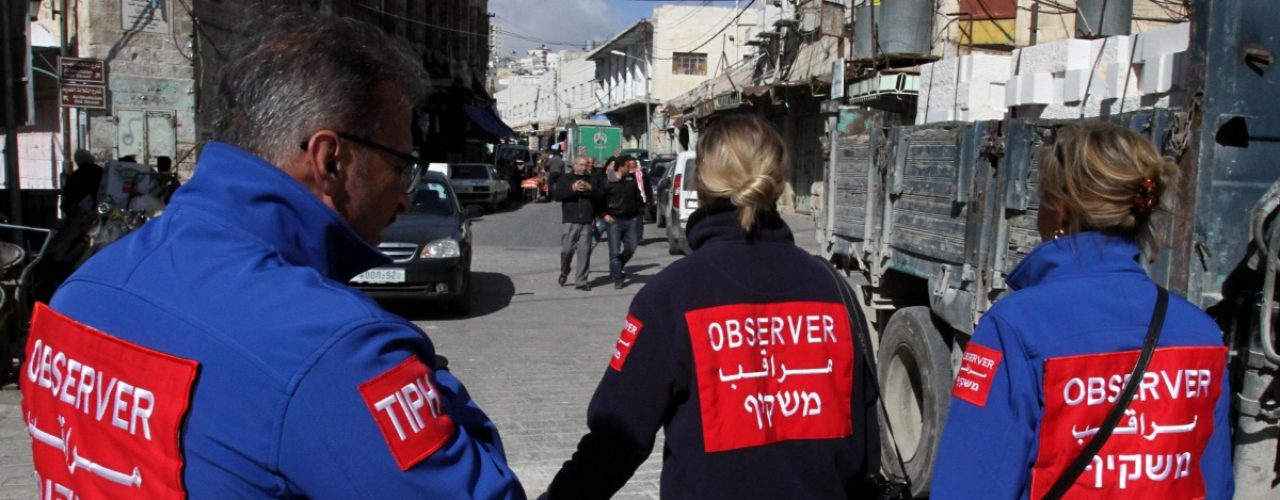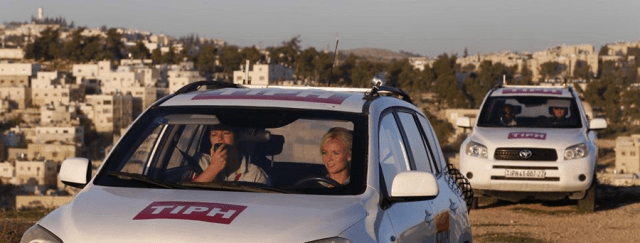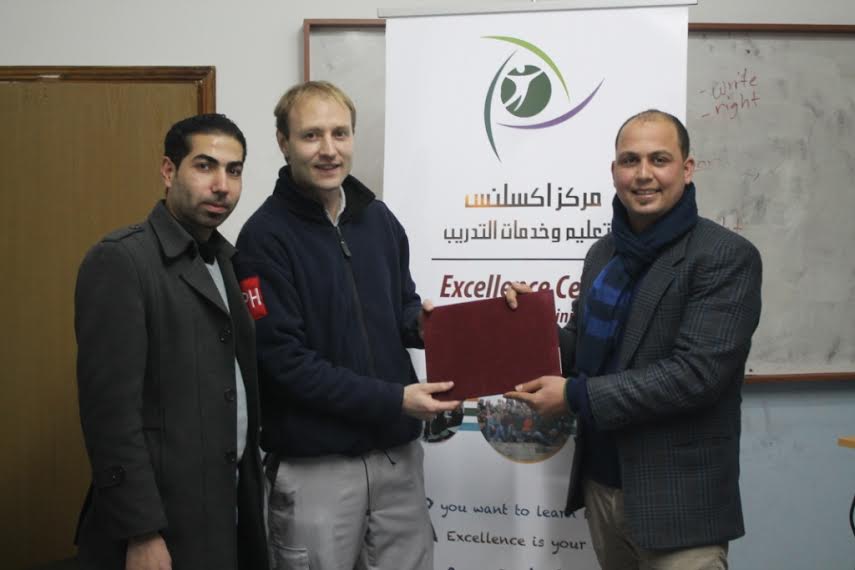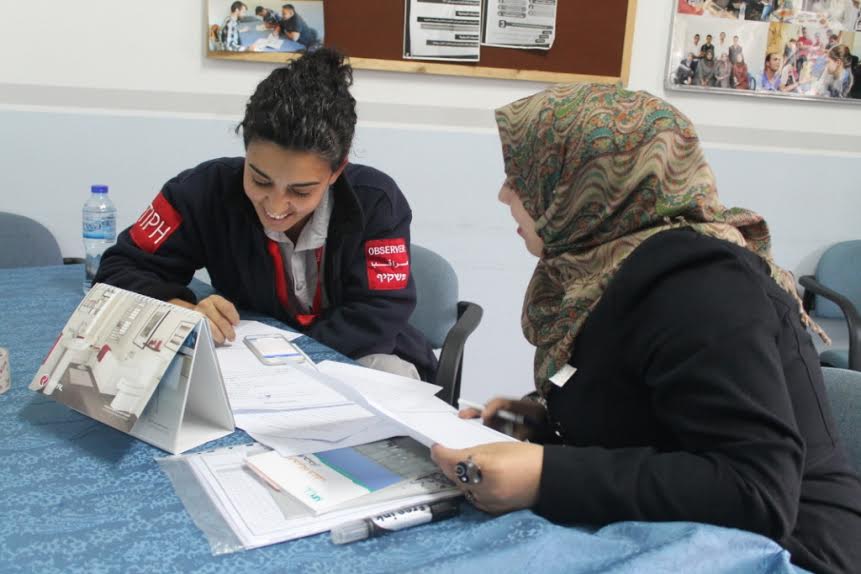Temporary International Presence in Hebron, Palestine (TIPH): After the 1994 “Ibrahimi Mosque” Massacre in Hebron-Palestine, when 29 worshippers were brutally murdered by an extremist Jewish settler, the international community put in place a Temporary International Presence in Hebron (TIPH). It deemed necessary to protect Palestinian civilians from the threats of the ongoing occupation. This article follows a visit to the offices of TIPH in Hebron.
All of the 60 local staff live, work, eat and exercise in the compound we visited, located in Hebron. When in duty, they must wear their uniform clearly marked as “TIPH Observers”. They also move around in clearly marked TIPH vehicles (4×4). In order to fulfill the mandate, TIPH employs Arabic-speaking and Hebrew-speaking observers as well as observers with police or military background. Important to pinpoint that TIPH staff are operating under a civilian capacity, whatever their background, hence they are not authorized to carry weapons or act interfere in any way.
Today, we have the privilege of visiting the compound under the supervision and care of Birgitta from Norway. Birgitta started as a field observer for TIPH and is now a Research Officer. She tells us “Typically, TIPH staff are posted to Hebron between 6 months and 1-year ½.” When one of the Excellence Center volunteers asks why and if maybe it would be better for all concerned if the missions were longer, she comments “I guess you are right. Having said that, some staff have jobs to go back to in their own countries, others sees it as a temporary assignment. Bear in mind that this is an unusual posting which takes its toll, not least because of the situation…” As for Birgitta, she had studied Arabic and the Middle-East and was eager to go on an International mission, Palestine seemed like quite an “interesting place.”
So, who is behind TIPH and what is their mandate we ask?
TIPH was created in 1994, following UN´s calls for measures to protect Palestinian civilians. As a result, the PLO and Israel agreed and asked 6 nations to become Temporary Observers, probably on account of their perceived objectivity to the conflict. They were to be: Italy, Norway, Sweden, Switzerland, Turkey and Denmark (although this last one withdrew from the project due to national budget cuts).
As for its mission, it was agreed it would be: “Observing, Reporting and Monitoring”. It is, if you will, the measuring tool of “normal life” in Hebron. TIPH is funded entirely by the 5 contributing countries. We are also told that one of the remits of TIPH is to “Contribute to community projects” to better the life of the local populations in H2: so far, they have built a shelter against settlers ‘vandalism in the old city. They have a special focus on women and children. Hence the latest community youth project in Al Olhoweh.
So, what is it like to have such an unusual “day-job”?, you can sense her enthusiasm “Well, personally I really like it a lot, I like the culture and Arabic” as we ask her about the upheavals of a situation that was meant to be “temporary” and is now running into its 20th year, she says “ Of course, over the years, our presence has been questioned! Some say, What is your use? Especially when we witness “situations”, we cannot act! it goes with the territory. Perhaps it is worth thinking of it in a different way “What if we were not here, what would happen then?”


